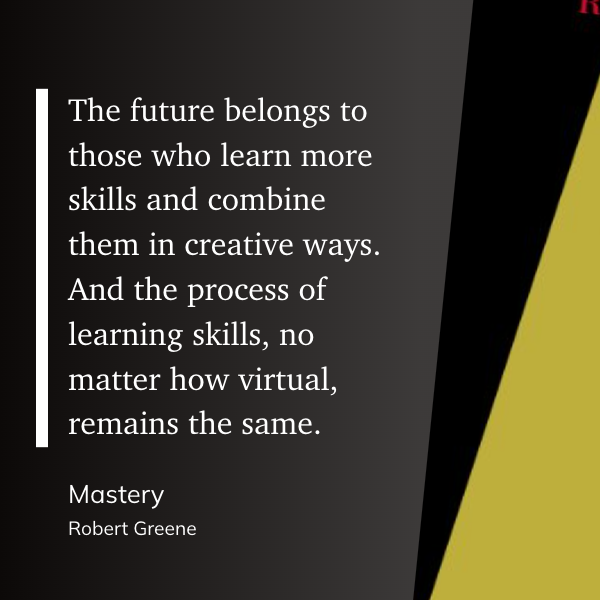
The landscape of education is evolving rapidly, and nowhere is this more apparent than in the realm of Career and Technical Education (CTE). A recent in-depth study sheds light on this transformation, focusing on the intersections of culture and leadership in fostering deeper learning within CTE settings.
CTE: Paving the Way for Deeper Learning
CTE isn’t just about equipping students with vocational skills and nurturing critical thinkers and problem solvers. The study highlights how CTE environments, with their hands-on, practical approach, are uniquely positioned to drive deeper learning – a form of education that goes beyond rote memorization to develop critical thinking, problem-solving, and real-world application skills.
Leadership and Culture: The Drivers of Change
At the heart of CTE’s success are two pivotal elements: leadership and culture. Effective leadership in CTE isn’t just about administrative decisions; it’s about creating a vision for comprehensive learning and fostering a culture where this vision can thrive. This involves nurturing an open, collaborative environment where students and educators alike are encouraged to take risks and think creatively.
Empowering Students for Tomorrow’s Challenges
One of the study’s striking findings is the emphasis on student empowerment. CTE programs that excel are those that put students at the center of their learning journey, allowing them to explore their interests and apply their learning in real-world settings. This prepares them for the workforce and develops their confidence and decision-making skills.
Innovative Learning Strategies in CTE
CTE programs are breaking away from traditional learning models, adopting innovative strategies like project-based learning, internships, and real-world problem-solving tasks. These approaches make learning more engaging and relevant and help students develop a deeper understanding of the subject matter.
No products found.
The Future of CTE: A Beacon of Hope
The study’s findings are clear: CTE is not just an alternative path but a forward-thinking approach to education. With its focus on deeper learning, empowerment, and innovative teaching methods, CTE stands as a beacon of hope in the quest for a more effective and relevant education system.
Conclusion
The transformation of CTE from a vocational pathway to a hub of deeper learning is a testament to the power of innovative educational practices. As we look to the future, it’s evident that CTE will continue to play a crucial role in preparing students for the workforce and life as proactive, engaged citizens.
The Eclectic Educator is a free resource for everyone passionate about education and creativity. If you enjoy the content and want to support the newsletter, consider becoming a paid subscriber. Your support helps keep the insights and inspiration coming!











